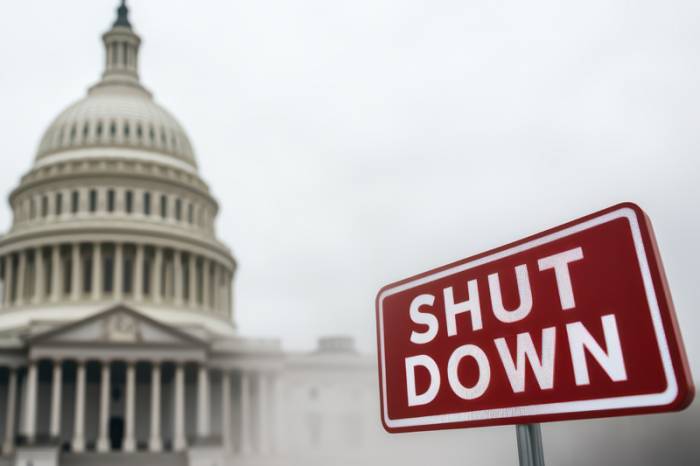Federal Shutdown Stalls Wine and Spirits Industry as Key Agencies Halt Operations
Delays in label approvals and customs processing threaten new product launches and imports, raising concerns across domestic and global markets
2025-10-09

The recent shutdown of the U.S. federal government, triggered by a budget dispute, is having a significant impact on the domestic and imported wine and spirits industry. The closure of the Alcohol and Tobacco Tax and Trade Bureau (TTB) and the limited operations of U.S. Customs and Border Protection (CBP) are causing delays and disruptions across the sector.
On October 1, the day the shutdown began, the California-based Wine Institute warned its members about the consequences of the government closure. Many essential services provided by the TTB, which wineries rely on, are temporarily unavailable. One of the most critical services affected is the issuance of Certificates of Label Approval (COLAs). Every alcoholic beverage sold in the United States must have this certificate, which is granted only after a detailed review by the TTB. Without COLAs, no new products can be introduced to the market.
Industry experts, including W. Blake Gray from the trade platform Wine-Searcher, have pointed out that while some changes, such as adjusting grape blends in existing wines, can proceed without federal involvement, the introduction of new products is halted. For example, a foreign producer selling Pinot Grigio in the U.S. cannot launch a new Sangiovese during the shutdown. New brand registrations and updates to business information are also on hold.
According to Wine-Searcher, some wineries have not received tax refunds promised by the previous administration. Agencies that promote U.S. wines abroad have also suspended their activities due to the shutdown.
Importers are particularly concerned about the situation at U.S. ports. The online magazine Supply Chain Digital reports that, under an emergency plan from the Department of Homeland Security, the CBP will continue to collect tariffs and process cargo during the shutdown. However, staff reductions and delays in documentation are expected to cause bottlenecks and slowdowns at ports, rail companies, and logistics firms. The review of documents, assessment of tariffs, and enforcement of regulations are all expected to slow down, as non-essential personnel are furloughed. Imports requiring special inspection, such as pharmaceuticals, perishable goods, and other regulated items, may face longer wait times.
There are also concerns about congestion in the more than 1,700 customs warehouses across the country. Importers often use these facilities to redirect shipments and avoid delays at customs. During the last government shutdown in 2019, which lasted 35 days, the time shipments spent at the Port of Los Angeles/Long Beach increased by 15 to 20 percent. That shutdown ended in late November, just before Thanksgiving, to avoid disrupting holiday travel.
Observers expect a similar scenario could unfold in 2025 if the current shutdown continues. The wine and spirits industry, both domestic and international, is watching closely as the situation develops, hoping for a swift resolution to avoid further disruption.
Founded in 2007, Vinetur® is a registered trademark of VGSC S.L. with a long history in the wine industry.
VGSC, S.L. with VAT number B70255591 is a spanish company legally registered in the Commercial Register of the city of Santiago de Compostela, with registration number: Bulletin 181, Reference 356049 in Volume 13, Page 107, Section 6, Sheet 45028, Entry 2.
Email: [email protected]
Headquarters and offices located in Vilagarcia de Arousa, Spain.